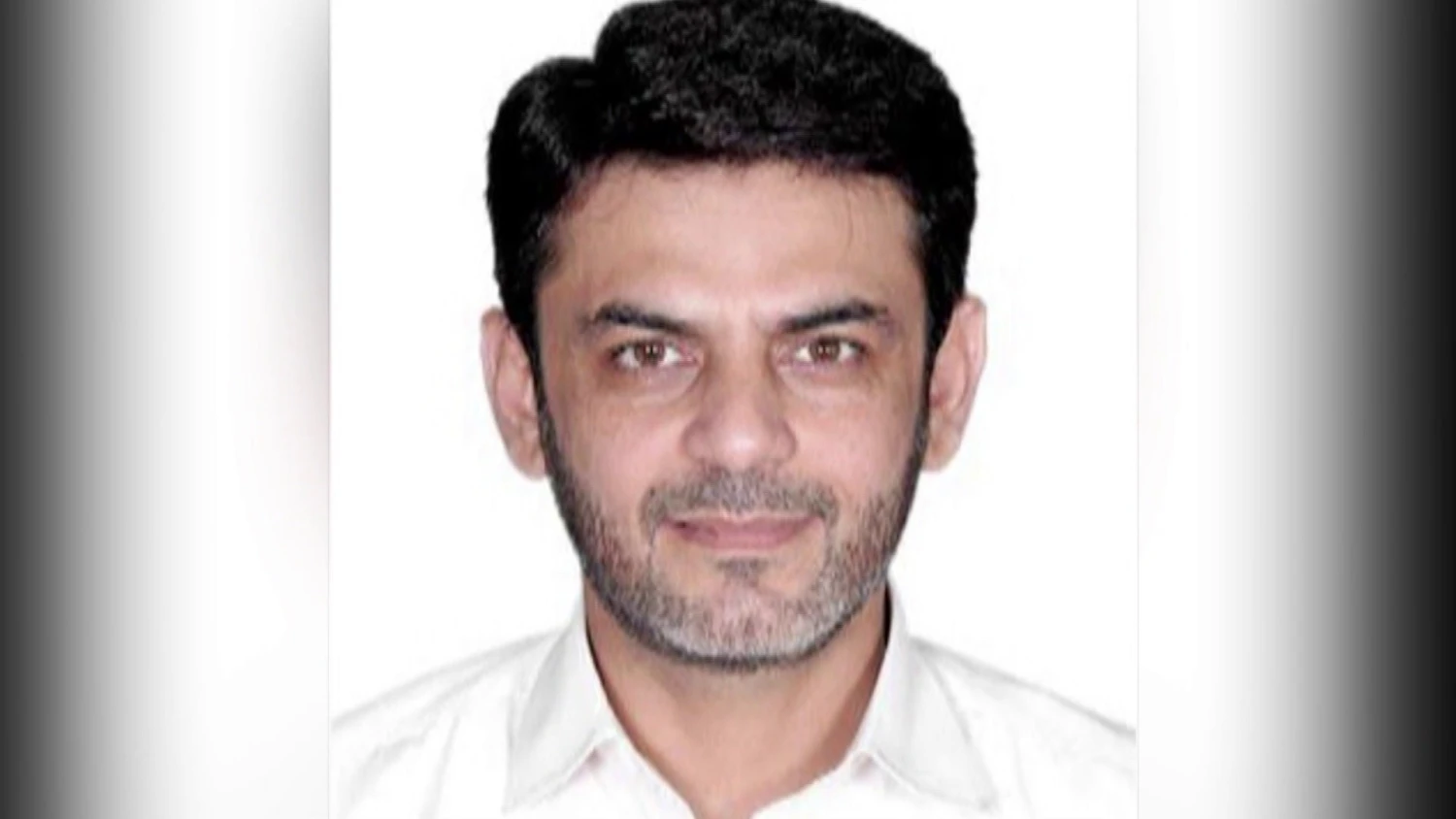Asif Merchant Indicted on Terrorism and Murder-for-Hire Charges
US-Asif Merchant, also known as Asif Raza Merchant, has been charged by the U.S. government with attempting to commit terrorism and engaging in murder-for-hire, aiming to assassinate a U.S. politician or government official. According to the Justice Department, authorities intercepted the plot before any harm could occur. Merchant was initially arrested and charged in July 2024 and is currently held in federal custody.
Attorney General Merrick B. Garland emphasized the seriousness of the charges, stating, “The Justice Department will not tolerate attempts by Iran or any other foreign entity to target our public officials and jeopardize our national security. As evidenced by the charges against Asif Merchant, we are committed to holding accountable those who engage in such dangerous schemes.”
FBI Director Christopher Wray added, “This alleged murder-for-hire plot, linked to a Pakistani national with strong connections to Iran, mirrors the tactics of the Iranian regime. Any plot orchestrated by a foreign entity to harm U.S. citizens or officials is a grave threat to our security, and we will use all available resources to address it. Ensuring the safety of Americans from terrorism remains our top priority.”
U.S. Attorney Breon Peace for the Eastern District of New York further asserted, “Merchant’s alleged attempt to assassinate U.S. politicians and officials highlights the commitment of my Office and the Department of Justice to defending the nation against foreign threats. We will continue to take all necessary actions to safeguard our country.”
As set forth in court filings, in approximately April, after spending time in Iran, Merchant arrived in the United States from Pakistan and contacted a person he believed could assist him with the scheme to kill a politician or government official. That person reported Merchant’s conduct to law enforcement and became a confidential source (the CS).
In early June, Merchant met the CS in New York and explained his assassination plot. Merchant told the CS that the opportunity he had for the CS was not a one-time opportunity and would be ongoing. Merchant then made a “finger gun” motion with his hand, indicating that the opportunity was related to a killing. Merchant further stated that the intended victims would be “targeted here,” meaning in the United States. Merchant instructed the CS to arrange meetings with individuals whom Merchant could hire to carry out these actions. Merchant explained that his plot involved multiple criminal schemes: (1) stealing documents or USB drives from a target’s home; (2) planning a protest; and (3) killing a politician or government official.
During a meeting, Merchant began outlining various assassination scenarios and asked the Confidential Source (CS) detailed questions about how a target might be killed in each scenario. He noted that the target would be surrounded by “security all around.”
Merchant mentioned that the assassination would take place after he left the United States and that he would use coded language to communicate with the CS from abroad. When the CS inquired whether Merchant had consulted with the unspecified “party” he was collaborating with back home, Merchant confirmed that he had. He added that this party had instructed him to “finalize” the plan and leave the U.S.
In mid-June, Merchant met with individuals he believed to be hitmen but were actually undercover U.S. law enforcement officers (UCs) in New York. During this meeting, Merchant requested three services from the UCs: theft of documents, organizing protests at political rallies, and carrying out the assassination of a “political person.” He informed the UCs that they would receive instructions on the target either during the last week of August or the first week of September, after he had left the country.
Merchant then made arrangements to obtain $5,000 in cash to provide as an advance payment for the assassination. With the help of an individual overseas, he managed to secure the funds. On June 21, Merchant met with the UCs in New York and handed over the $5,000 advance. After receiving the payment, one UC remarked, “Now we’re bonded,” to which Merchant agreed, saying “yes.” The UC then affirmed, “Now we know we’re going forward. We’re doing this,” and Merchant responded, “Yes, absolutely.”
Merchant subsequently made flight arrangements and planned to leave the United States on Friday, July 12. On July 12, law enforcement agents placed Merchant under arrest before he could leave the country.
If convicted, Merchant faces a maximum penalty of life in prison.
The FBI Dallas, Houston, Tampa, Boston, Washington, Chicago, and Albany Field Offices investigated the case. The New York City Police Department, the U.S. Attorney’s Office for the Southern District of Texas and the U.S. Customs and Border Protection provided assistance.
Assistant U.S. Attorneys Sara K. Winik, Gilbert Rein, and Douglas Pravda from the Eastern District of New York, along with Trial Attorneys David Smith and Joshua Champagne from the National Security Division’s Counterterrorism Section, are handling the prosecution of this case.
It is important to note that an indictment is simply a formal accusation. The defendant is presumed innocent until proven guilty beyond a reasonable doubt in a court of law.
Follow us on our social media platforms here: Twitter WHATSAPP CHANNEL FACEBOOK PAGE







Comments are closed, but trackbacks and pingbacks are open.